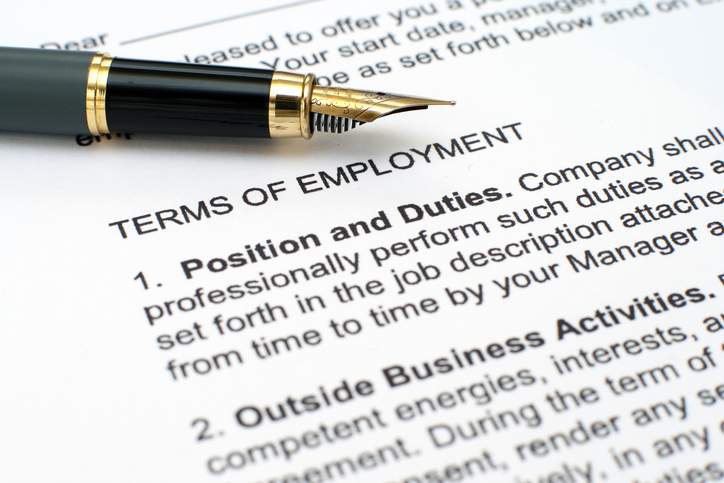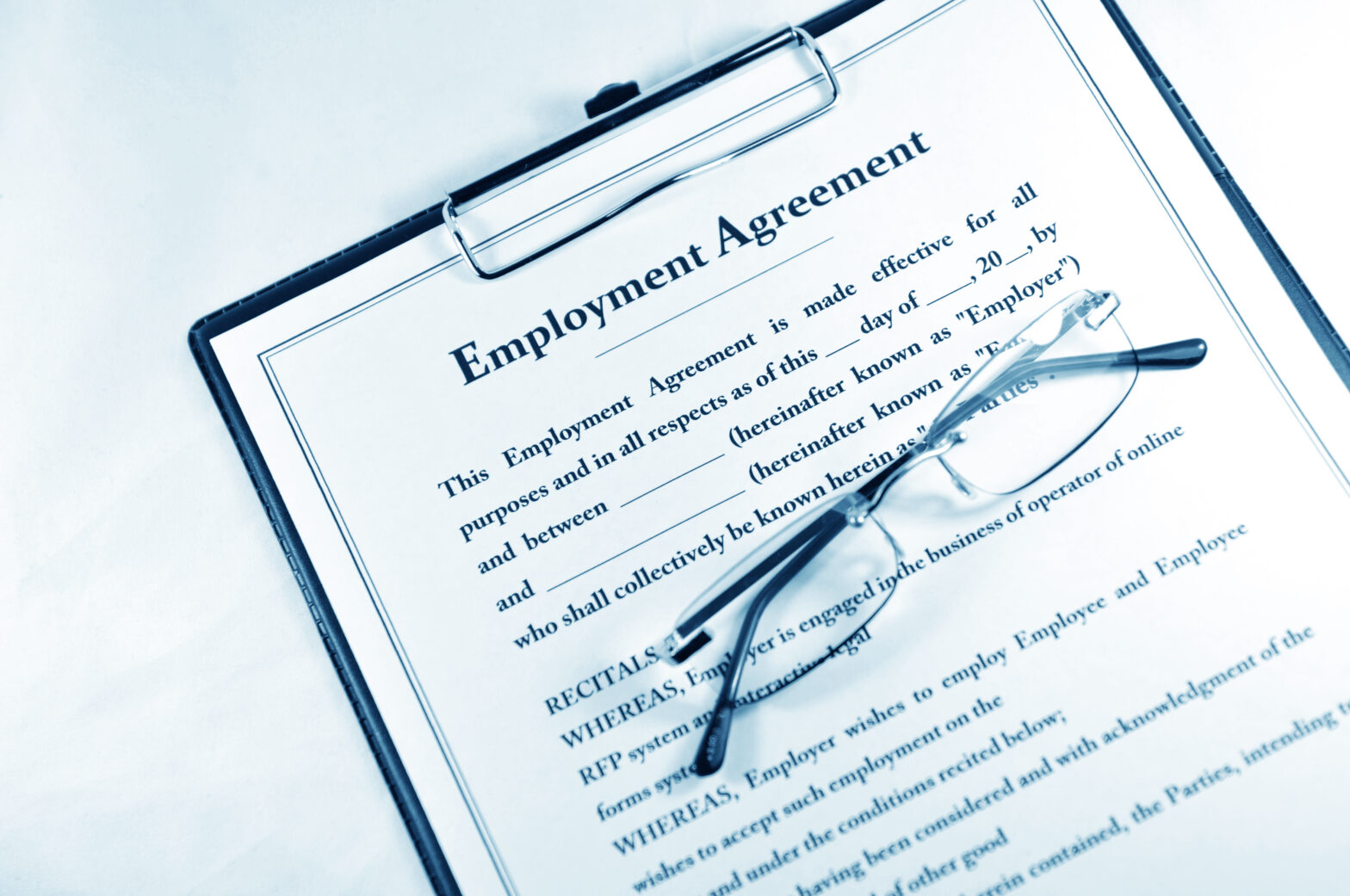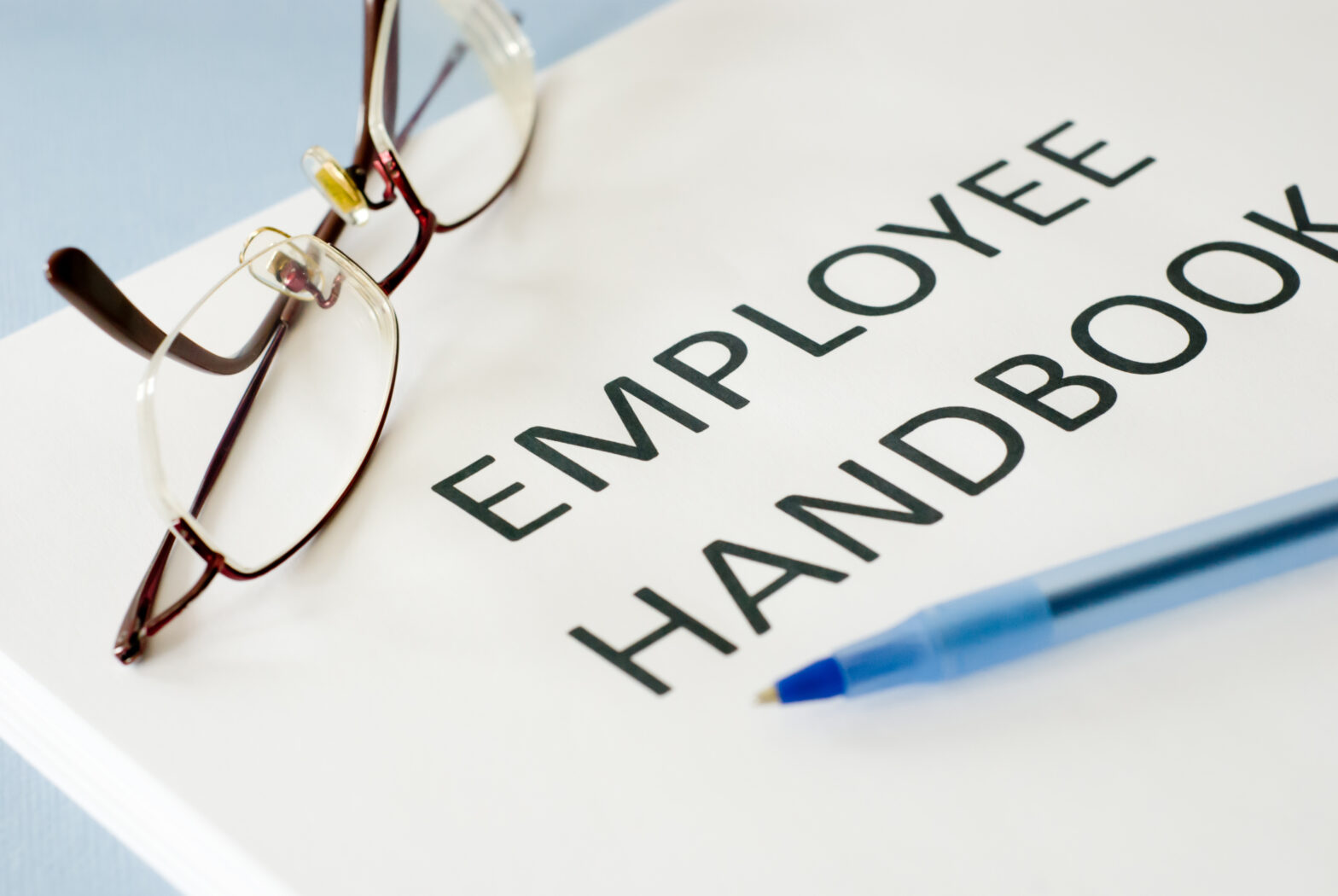Today’s working world is full of distractions. With smartphones going off every other second, and more and more offices introducing quirky perks such as games rooms and beer fridges, some individuals are forgetting the real reason for going to work, which is to, well…work! What’s more, the younger generation entering the workplace are coming forward with a whole host of demands, and refusing to settle for opportunities which don’t tick all of the boxes. This has led me to think: what happened to employer power and how strict should workplaces be? I explore further below.
Getting the basics right
Every workplace needs some rules in place. Otherwise you’d never get anything done! This could be anything from rules around no smoking, no personal use of mobile phones or the internet during working hours and a strong emphasis on punctuality. Thankfully, our own research found that nearly three quarters (72.3 per cent) of professionals believe it is inappropriate to be late for work, while over half (56.5 per cent) think that it’s unacceptable to take personal calls or to check your phone whilst working. So while it might feel like you’re being strict, it seem employees actually agree.
In order to support these rules, it’s worth having an employee handbook in place which explains your rules in more detail. Hosting this on an internal system means your workers can access the information at their own leisure, whilst also reminding them of the rules and why they’re in place. You should establish these rules early on in their employment with you, so there are no surprises along the way. For example, in my company, we don’t use mobile phones during working hours, and I often bring this up when interviewing candidates to explain how our workplace offers a great work-life balance.
Implementing structure and professionalism
While our data has revealed that over half (54.6 per cent) of employees believe that workplaces have become stricter over the years, it also tells us that that employees appear to be looking for structure and professionalism within the workplace. In fact, swearing (64.8 per cent), telling inappropriate jokes (55 per cent) and talking behind co-workers backs (68.9 per cent) all ranked highly on the list of the worst workplace taboos amongst employees.
You do need to consider what you want your workplace culture to be like. For example, it might be that you want to encourage an open and honest working environment, whereby workers might feel more comfortable being ‘themselves’ (for example, swearing and being inappropriate). At the same time, you do have to remember that it is a workplace and your staff should know where the line is: it’s your business that’s going to suffer if they cross it.
A productive working environment
According to our findings, a staggering 78.1 per cent of professionals believe that office taboos such as drinking, smoking and a lack of personal hygiene would cause staff to be less productive; while over three quarters (76.7 per cent) admit that they would be distracted if they had to deal with this during their workday. Every workplace is different and it’s about findings what’s right for you. That said workplace rules are important so don’t be afraid to come across as strict if you really have to!
Essentially, employers who want to get the most out of their workforce whilst attracting new talent should ensure that they’re getting the balance right; it’s not fair to expect employees to work all day long under unreasonably strict rules, however, it’s clear that structure and guidance is necessary.
Lee Biggins is founder and managing director of CV-Library.





